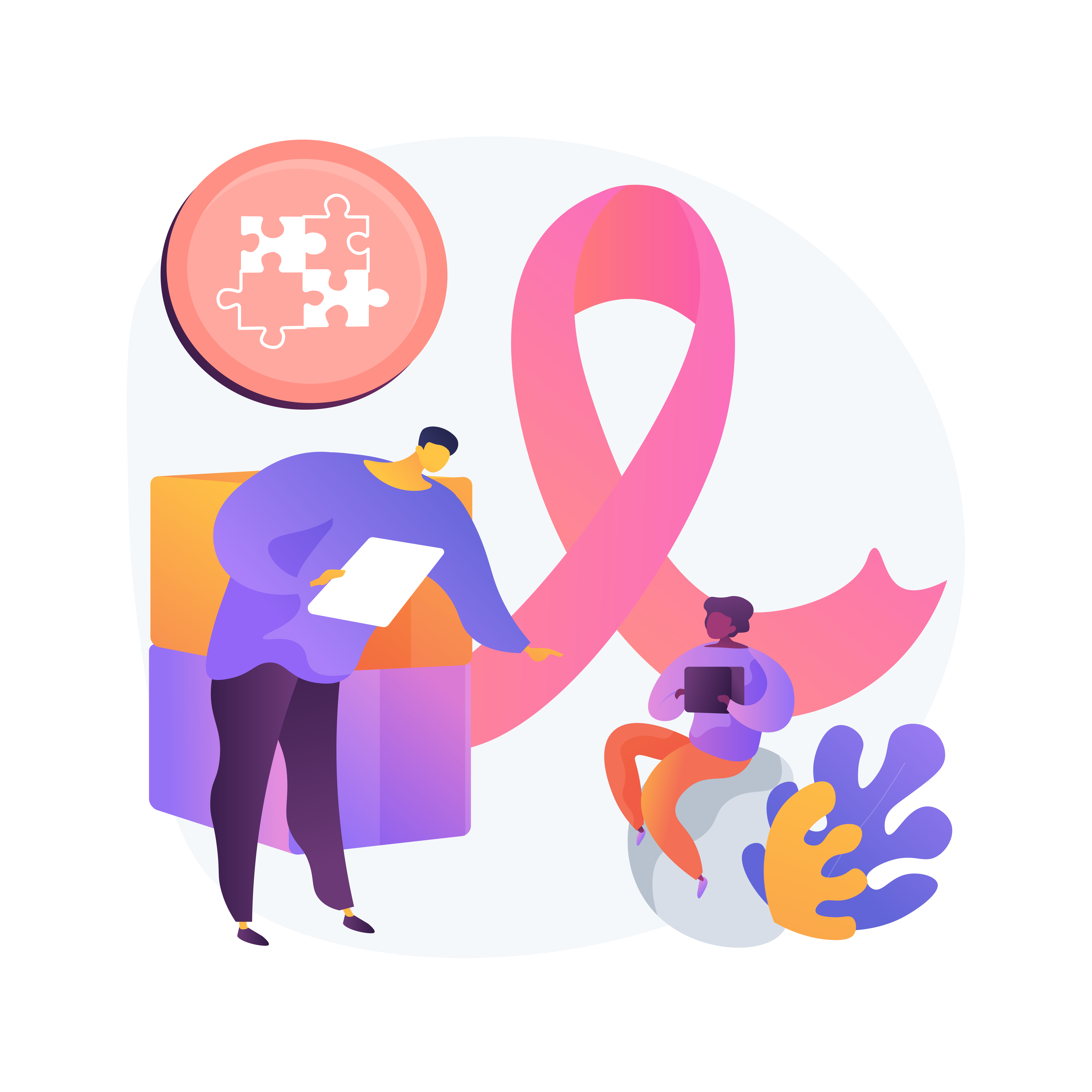
The Role of Hormones in Common Symptoms and Signs of Osteomyelitis
Introduction: Understanding the symptoms and signs of osteomyelitis is essential for early detection and treatment of this bone infection. In this blog, we’ll explore how hormonal imbalances can influence these symptoms and signs, providing insight into osteomyelitis.
Symptoms of Osteomyelitis: Osteomyelitis can cause a variety of symptoms, including:
- Pain: Persistent or worsening pain in the affected bone or joint.
- Swelling: Swelling and tenderness around the infected area.
- Fever: Fever and chills, especially if the infection is severe or spreading.
- Redness: Redness and warmth over the infected area.
- Limited mobility: Difficulty moving the affected limb or joint.
- Fatigue: Feeling tired or lethargic, especially if the infection is chronic.
Role of Hormones: Hormonal imbalances can affect the severity and presentation of osteomyelitis symptoms. Changes in hormone levels, such as those seen during pregnancy or menopause, can weaken the immune system’s response to infections, leading to more pronounced symptoms. Additionally, hormonal fluctuations can impact pain perception and inflammation, influencing how individuals experience and express osteomyelitis symptoms.
Diagnosis and Treatment: If you experience symptoms of osteomyelitis, it’s essential to seek medical attention promptly. A healthcare provider will perform a physical examination, review your medical history, and may order diagnostic tests, such as X-rays, MRI, or bone scans, to confirm the diagnosis. Treatment typically involves a combination of antibiotics to kill the infection and surgical intervention to remove infected tissue or foreign objects from the affected bone.
Conclusion: Recognizing the common symptoms and signs of osteomyelitis, along with understanding the role of hormones in influencing these symptoms, is crucial for early detection and effective treatment. By staying vigilant and seeking medical care if symptoms arise, individuals can receive timely treatment and prevent complications associated with osteomyelitis.
To seek medical advice, always consult a Doctor. Here are our recommended experts. Click Here
To read more on Osteomyelitits. Click Here


